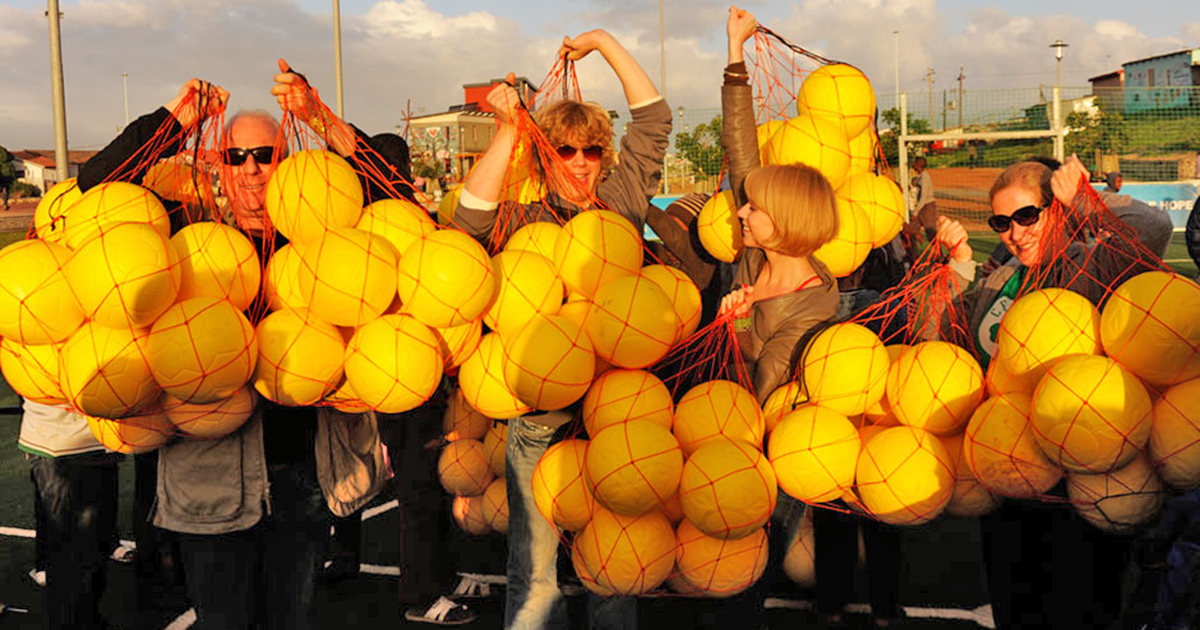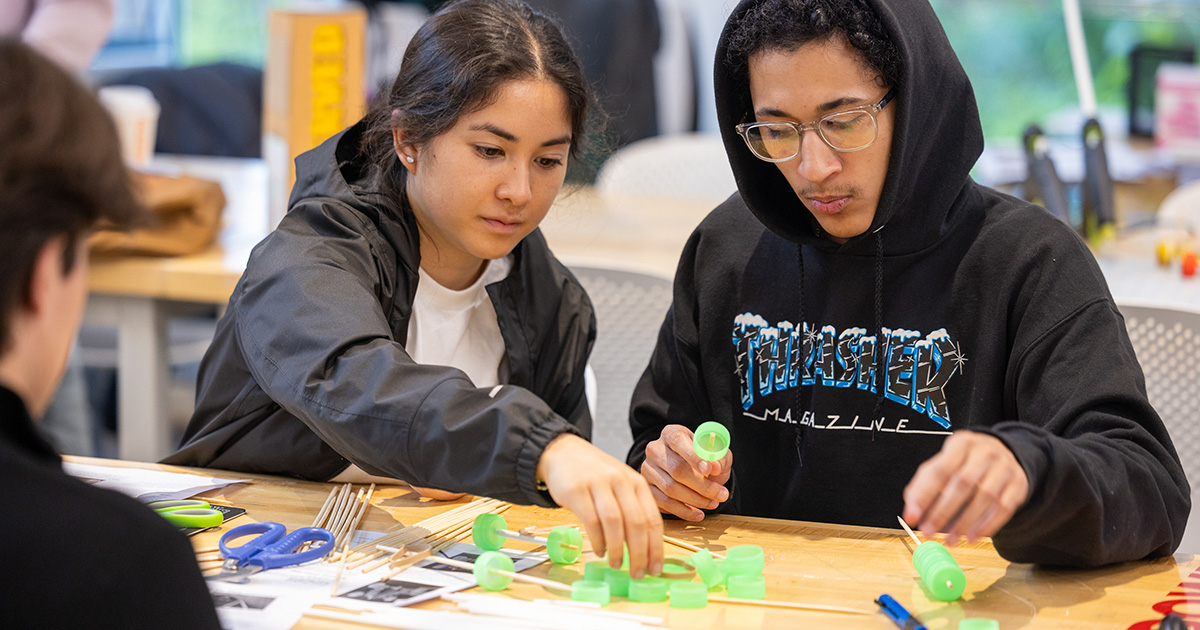Bobby Sager: “You Need to Understand Your Customer”

How did Bobby Sager, who grew up outside of Boston and married his high school sweetheart, become the international philanthropic force he is today? His career took him from a small jewelry business, to running Gordon Brothers Group as president and partner, to founding the Sager Family Traveling Foundation and Roadshow. His circle of friends includes the Dalai Lama, Sting, and countless small business owners. His passport bears stamps from destinations as far-flung as Zimbabwe, Bhutan, and Palestine. In all arenas, Sager tells his story in vibrant color.
How did your early business experience shape your Family Foundation?
Bobby Sager: My first business was scalping tickets outside the [Boston] Garden. I learned to read people, judge what they could afford, and smell bullshit…. It’s the same today with the foundation’s international work. I don’t hire people to run programs in Pakistan or Rwanda without first looking them in the eye and gauging if they can really walk the talk. You need to understand your customer, and in my current incarnation, the customer is either someone I’m trying to help, hire, or it’s my family.
What role do families play as you teach entrepreneurship around the world?
BS: The central reason most people want to be an entrepreneur is that they want to provide for their family. They want to create choices for their kids and offer a better life. A lot of times, small businesses like bakeries or restaurants employ family members, too. The proceeds end up providing for better nutrition, school opportunities, and living circumstances for the family.
What’s the biggest ROI you’ve seen with the work you’ve done internationally?
BS: It’s the impact I’ve made on my kids during our 14 years on the road together. My kids are sympathetic, thankful, tuned in, great listeners, out-of-the-box problem solvers, and they care about the world they live in. Very importantly, they’ve developed an ability to adapt. Darwin’s survival of the fittest rewards the most adaptable, not necessarily the strongest. In a world of rapid change, the most successful people are those that listen, understand what’s really going on with a problem, and adapt; not those that just wait for the talking to stop so they can say what they already knew. Listening and adapting are far and away the two most important skills for entrepreneurs.
Putting yourself in other people’s situations is central to the way you work. What would the people you work with learn from coming to your home in Boston and putting themselves in your situation?
BS: They would be pleasantly surprised by how easy life is in a place like Boston. When you turn on the faucet, water comes out. When you flip a switch, lights come on. We take these things totally for granted, but they’re daily challenges in many parts of the world. They would learn that one of the reasons I’m able to do what I do is because of the resources I have at my disposal. It’s just a plain fact.
In a former life, you produced a film that won awards at the Sundance and Venice film festivals. How does that experience translate to your philanthropic work?
BS: A Guide to Recognizing Your Saints was all about this character, played by Robert Downey Jr., tuning into the people in his life that were giving him input that he wasn’t accepting. It resonated with me because we all have people in our lives that give us input and feedback that maybe we aren’t listening to. My interest was for the audience to think about who in their life they should tune into. In a broader sense, people often write off the poor without understanding that wisdom can come from anyone. From a business perspective, the film was the same as any startup: we needed a deliverable, we were under-resourced, and we relied on telling a really great story.
Photography is one of your passions. How did you get into it?
BS: People say it takes them out of the moment, but I’ve used my camera as a way to connect with people. It’s not target practice. To me, taking a picture is 95% understanding what a person’s life is about, and 5% pressing the shutter. It’s about the process, not the picture. It’s also a good outlet to offset the serious work we do. I took one of my favorite photos right after blowing a raspberry that made a group of Afghan kids laugh, and that’s what the camera does—it creates these opportunities for friendship.
What advice do you have for entrepreneurs?
BS: As a general rule, I think making money makes a lot of sense. It opens up choices, and with a very mindful approach to exercising those choices, in the long run it can do a lot for you as an entrepreneur. Some people see taking time out from working to volunteer and help other people as a subtraction; to me, they’re doing the wrong math. Reapplying your entrepreneurial skill set toward making a difference in somebody’s life makes you a better problem solver and listener, which in turn will help you make more money. These are the people who are the most thankful, grateful, effective, and able businesspeople out there. It’s not about making money exclusively for the purpose of keeping score or buying more things. It’s about making yourself better in the process.



